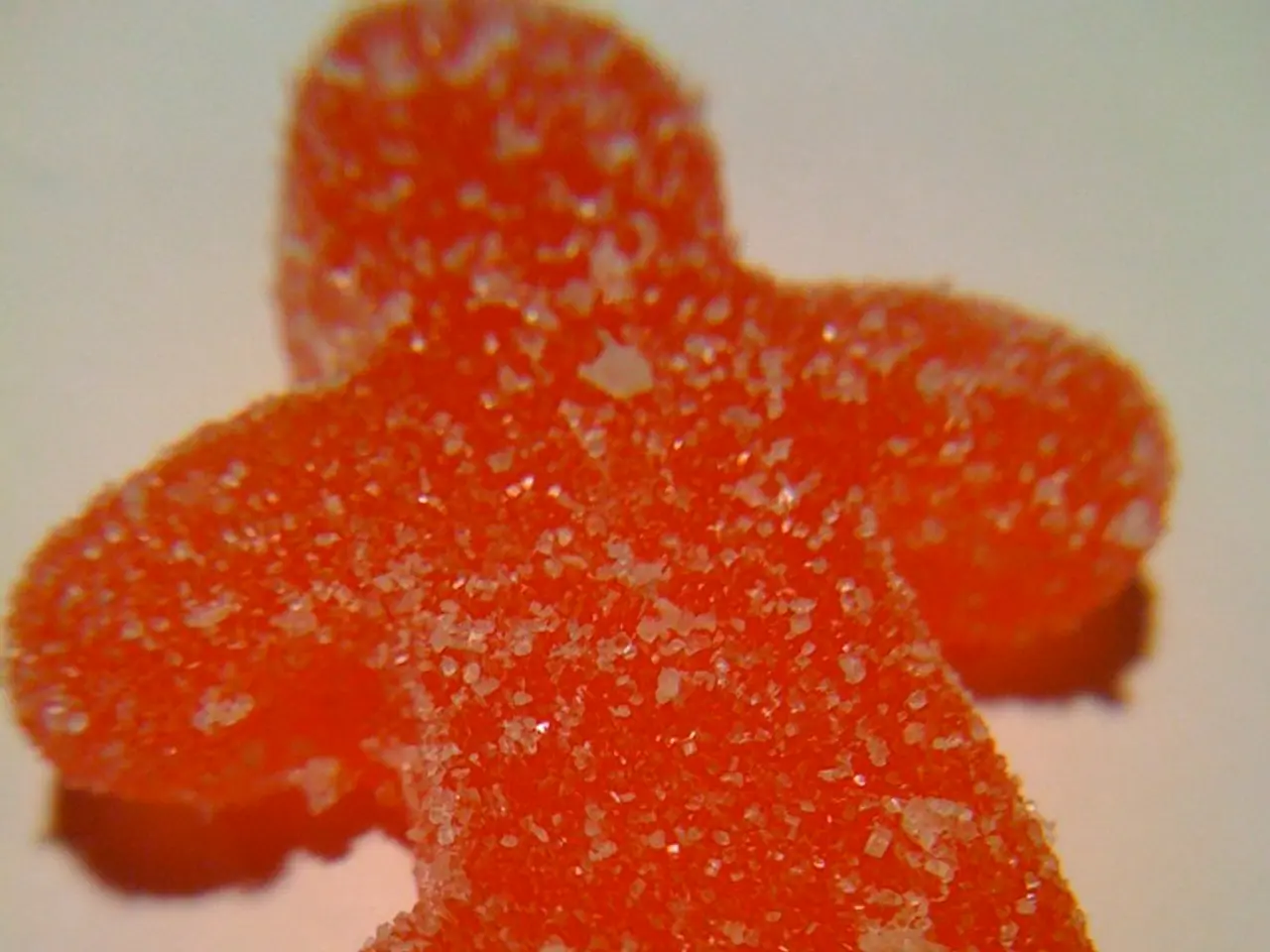Plant-based beauty products and oral care items
In the realm of oral hygiene, a shift towards natural and plant-based ingredients is gaining momentum. Brands like Provital are answering the call, offering solutions such as Mint ECO that cater to both traditional consumers and vegan consumers without compromising on effectiveness.
The influence of health- and environment-conscious consumers is increasingly strong in the mass market. This is particularly evident in the beauty and personal care sector, where the vegan and plant-based lifestyles are trending. Consumers are extending these principles to their personal care routines, including oral hygiene.
One of the key drivers behind this trend is the growing awareness about the benefits of plant-based ingredients. These ingredients are favoured for their natural, effective, and gentle oral health benefits, combined with sustainability and avoidance of harsh chemicals.
Some of the most prominent plant-based ingredients used in oral hygiene products include cranberry seed oil, aloe extract, quillaja saponaria extract, activated charcoal, essential oils, plantain tincture, marshmallow root tincture, and calendula tincture.
Cranberry seed oil, for instance, acts as a prebiotic nutrient containing essential fatty acids that support gum health by reducing inflammation and promoting a balanced oral microbiome. Aloe extract, on the other hand, is known for its soothing effects on gums and its immune-boosting capabilities.
Quillaja saponaria extract is a natural foaming and gentle cleaning agent that replaces synthetic surfactants like SLS (sodium lauryl sulfate) in toothpaste formulations. Activated charcoal is commonly used for its antibacterial and whitening properties, while essential oils are incorporated for their antibacterial, anti-inflammatory, and refreshing qualities.
These ingredients provide functional benefits such as enamel remineralization, antibacterial effects, and antioxidant properties, making plant-based products comparable or superior in performance.
Moreover, many natural oral care brands emphasize eco-friendly sourcing, biodegradable packaging, and cruelty-free certifications, which resonate strongly with health-conscious and environmentally aware consumers.
Internationally, there is the V-Label certification for vegan products, and in France, the French organization for controlling and labeling plant-based cosmetic products is called EVE (European Vegan Expertise). If looking for a vegan product, one should look for a product with the "vegan" label.
Provital's Mint ECO is a prime example of a vegan-friendly cosmetic ingredient. It is 99.4% of natural origin and has Vegan Society approval. If a cosmetic product contains any of the following ingredients - whey protein, milk protein, lactose, lanolin, honey, propolis, elastin, gelatin, musk - it is not vegan.
In conclusion, the natural revolution in oral hygiene is here to stay. Consumers are embracing plant-based ingredients for their natural, effective, and gentle oral health benefits, combined with sustainability and avoidance of harsh chemicals, making them highly attractive to health-conscious consumers seeking holistic and environmentally responsible oral care solutions.
In the expanding sphere of health- and wellness, the vegan lifestyle's influence is permeating beyond diet and lifestyle choices, reaching the personal care sector, including oral hygiene. The growing popularity of plant-based ingredients in oral hygiene products is driven by their natural, effective, and gentle oral health benefits, coupled with sustainability and the avoidance of harsh chemicals.
Lifestyle choices are influencing food-and-drink preferences as well, with an increasing number of consumers opting for vegan-friendly oral care solutions. For instance, Provital's Mint ECO, a vegan-friendly cosmetic ingredient, is just one example of the natural revolution in oral hygiene.




